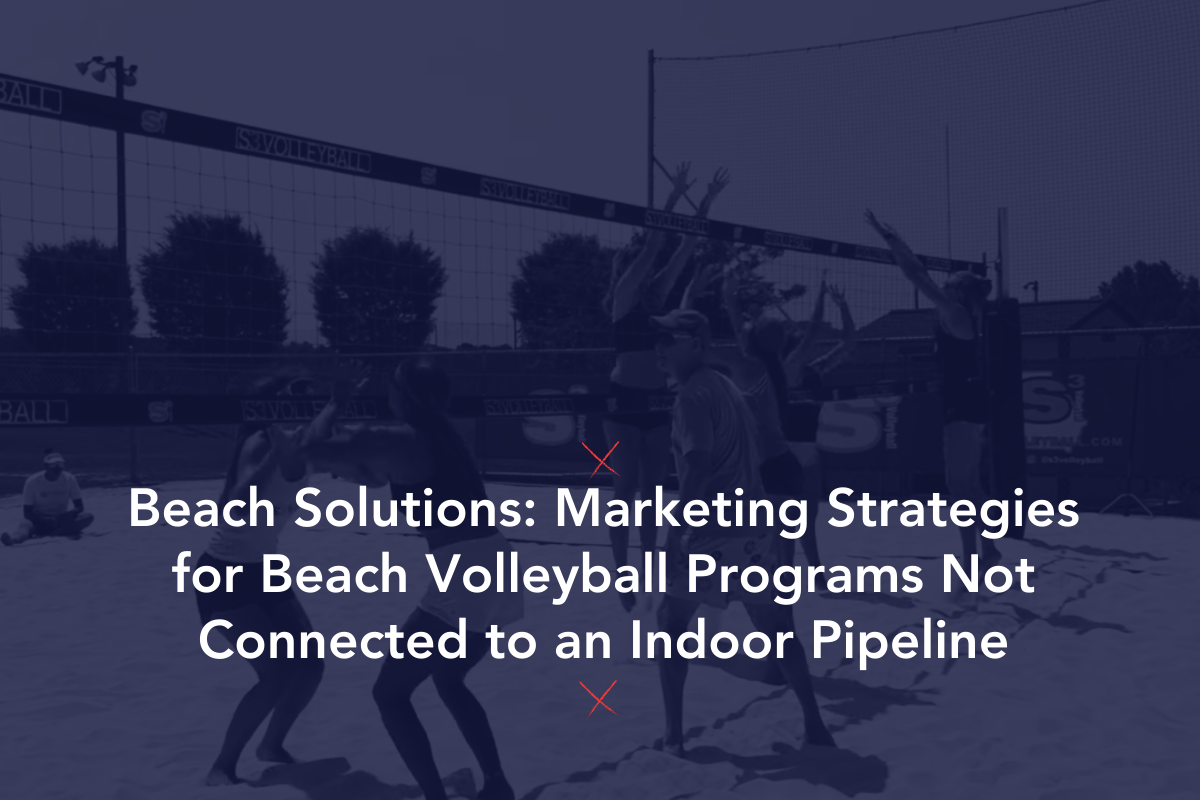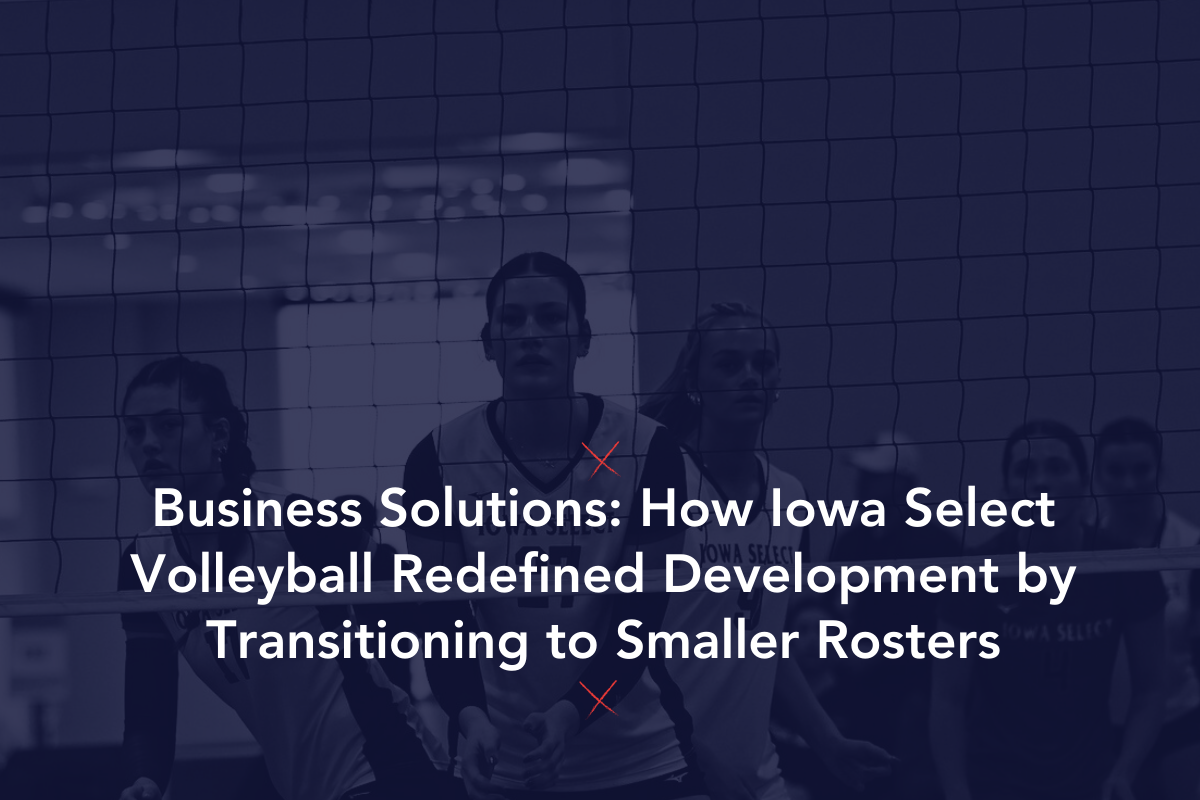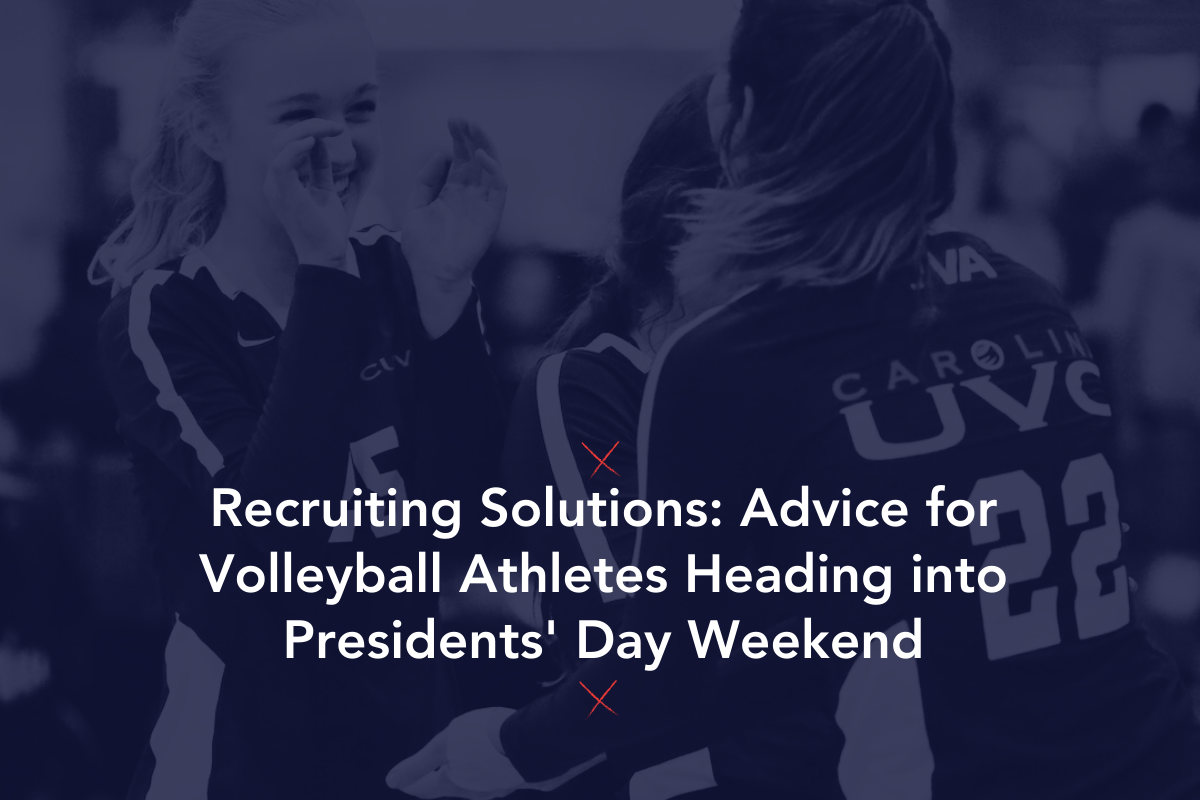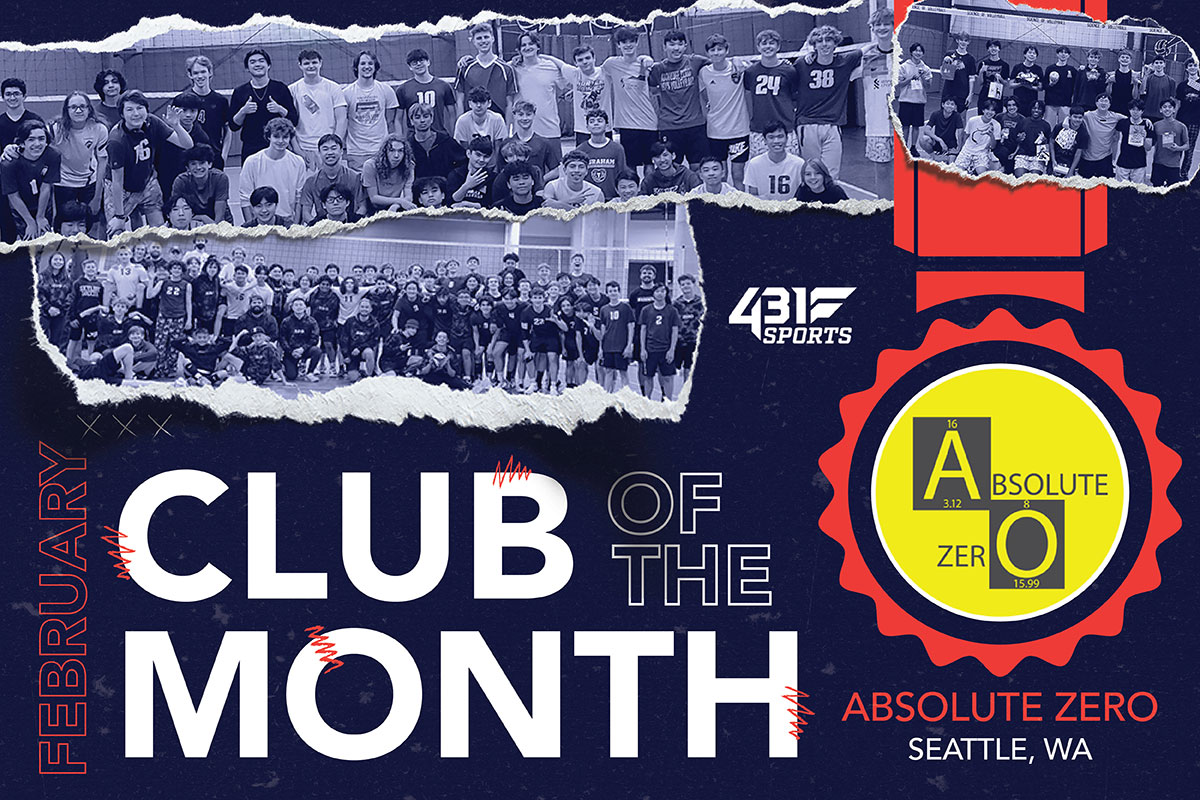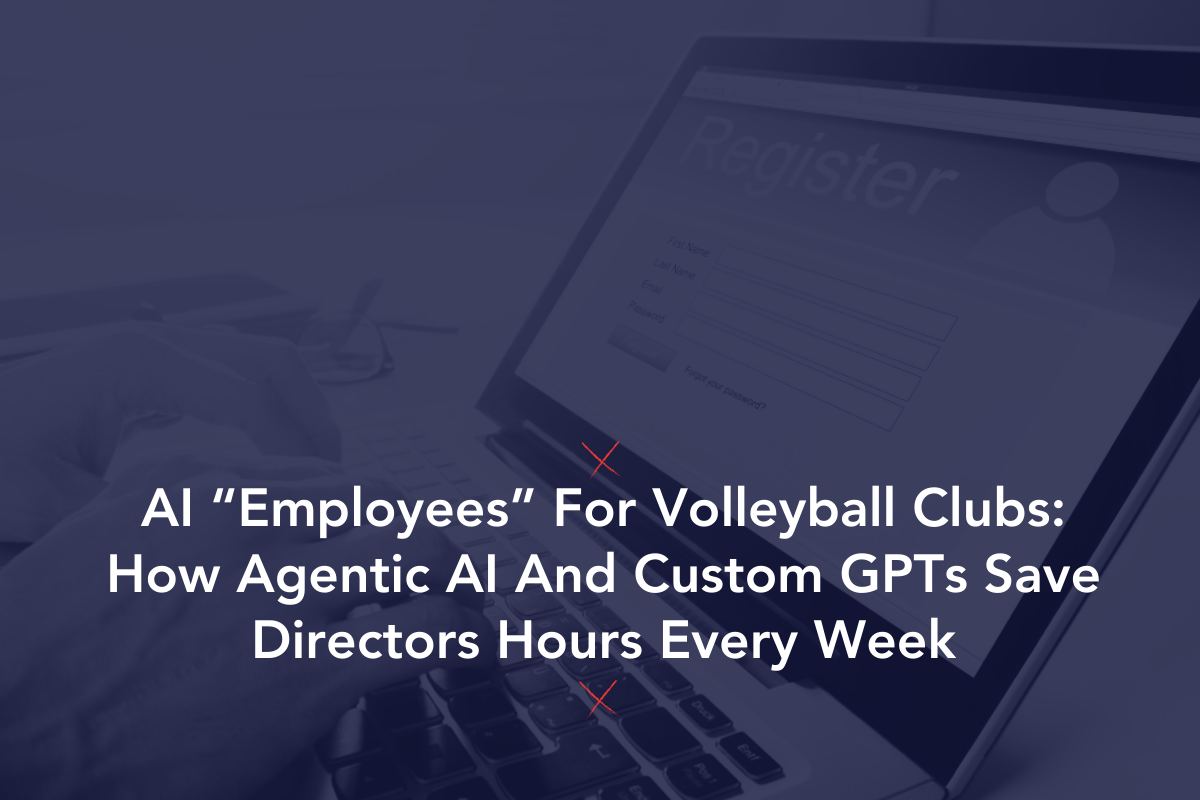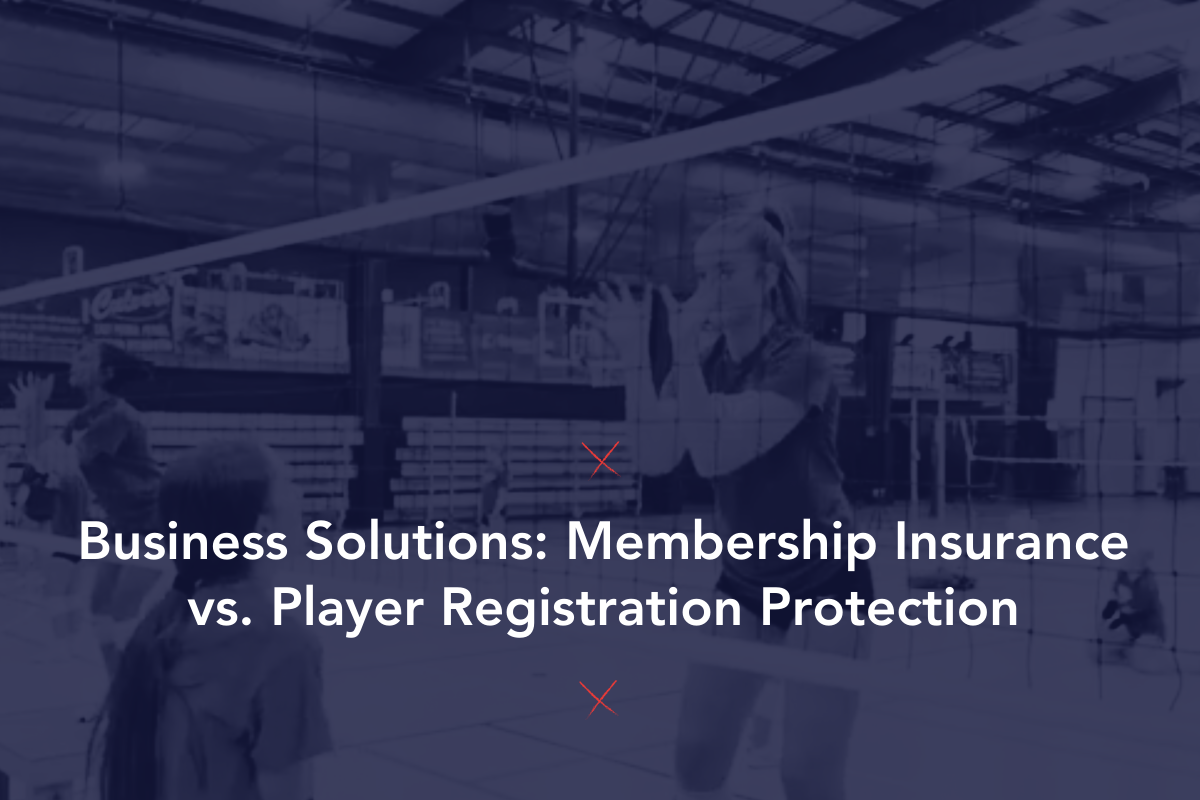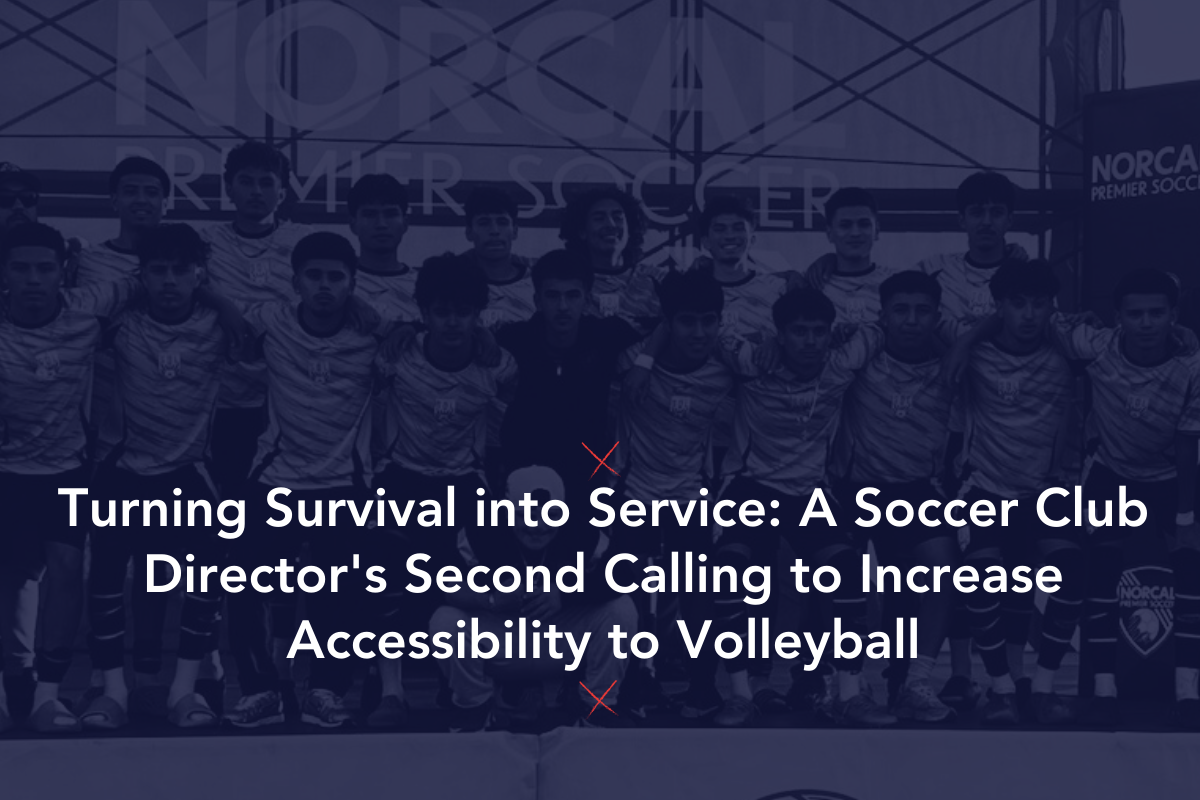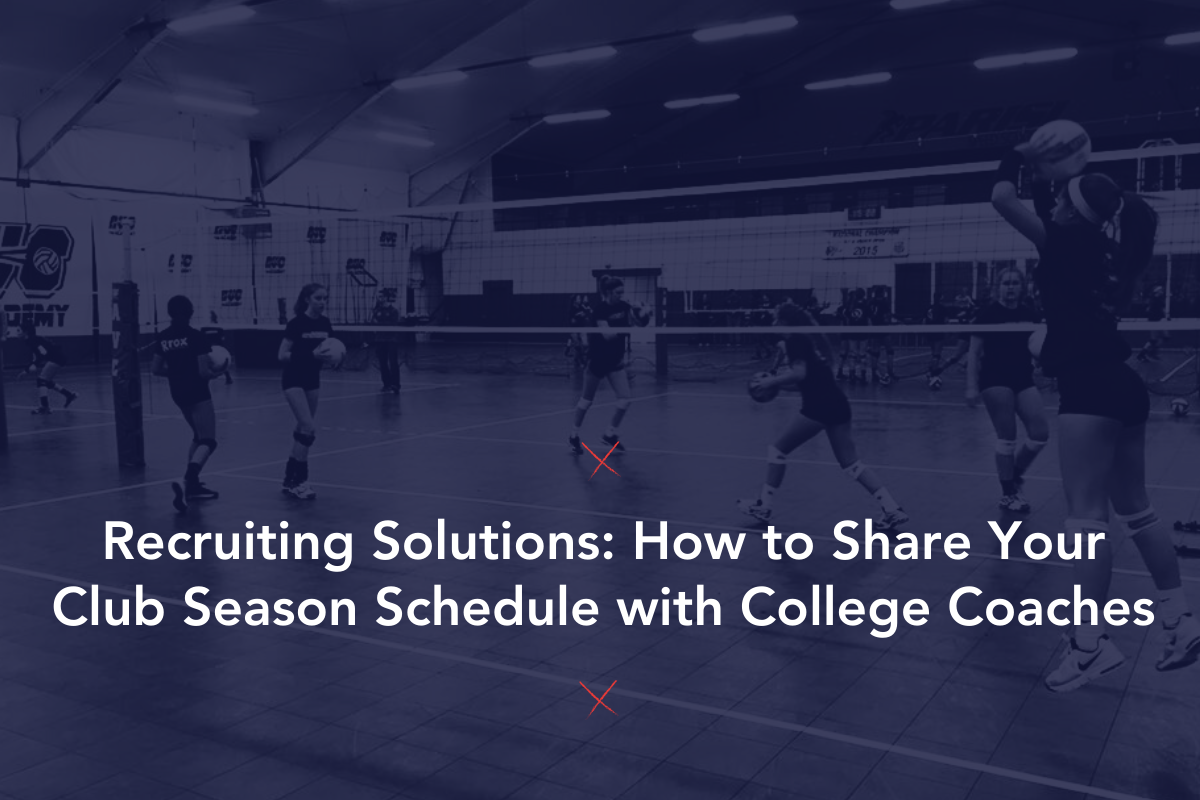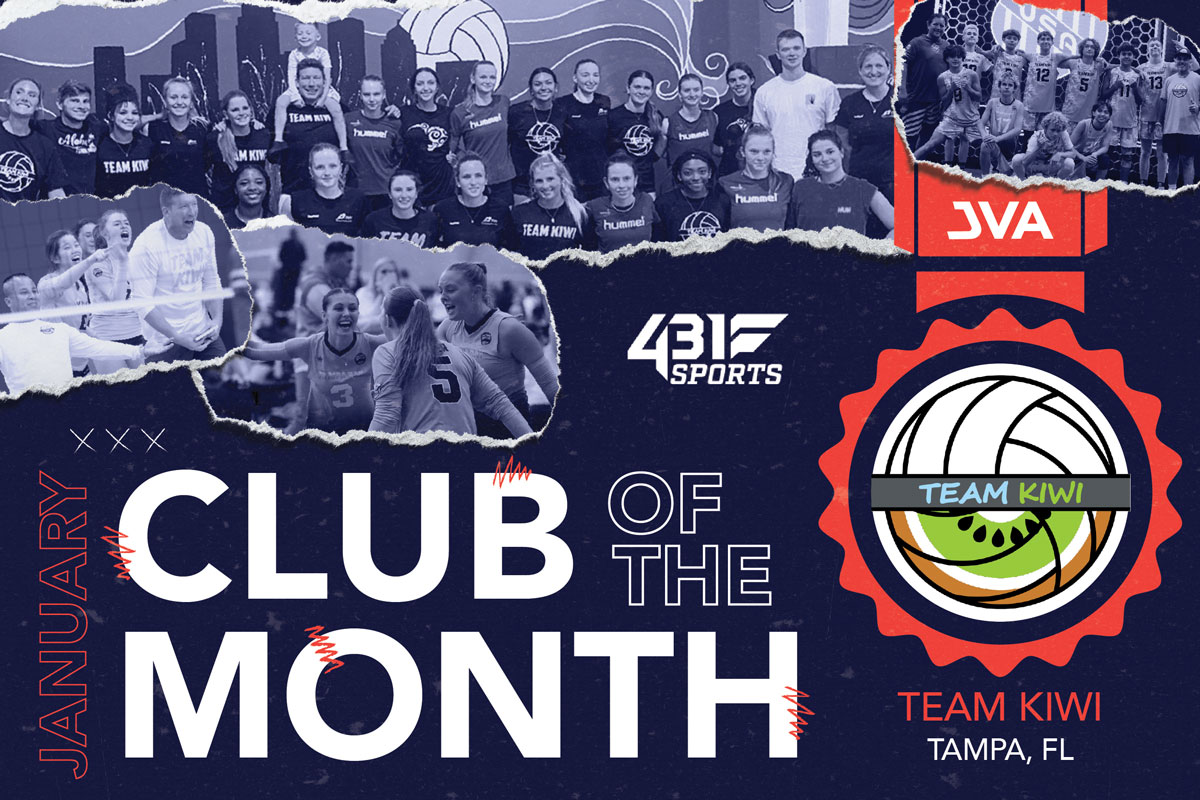Our young athletes deserve to be safe. You are practicing good risk management by having policies and procedures in place to protect your members. The JVA prioritizes the safety of junior volleyball athletes by providing the proper resources and specific guidelines regarding this issue. Let’s take a more in depth look at the JVA Athlete Safety Program which includes: Background Screening, Abuse Prevention Training (APS), and Minor Athlete Abuse Prevention Policies and Procedures.
A claim of harassment or abuse can impact you and your business in a number of ways:
- It will have legal implications that can carry over to your coaches and your administration
- Your eligibility for insurance can be impacted
- Financial losses can be significant
- The reputation of your organization depends on providing a safe atmosphere for your members and staff
- You could lose the trust you have built between parents, athletes and your organization.
The JVA has put the Athlete Safety Program in place for all JVA member clubs.
NCSI Background Screening
Our “SE Safety” background screening product is the gold standard in background screening & abuse awareness training to help keep kids safe.
- Only NCYS approved screening vendor
- Used by over 50 National Governing Bodies
- We take care of ensuring compliance with Fair Credit Reporting Act, FACTA, “The Protecting Young Victims from Sexual Abuse and Safe Sport Authorization Law of 2017.”
- Abuse Awareness/Prevention training integrations with: Abuse Preventions Systems and SafeSport
- Safe Sport Act Compliance
Every JVA member and all adults listed on rosters at JVA insured events must complete the JVA Background Screen and APS training unless they hold a current AAU background screen*. A club will not allow any individual who refuses to consent to a background screen or complete the APS training to participate in any club activities. A club will immediately remove from any involvement with the club, an individual who receives a negative (red light) screening report.
JVA Background Screening Procedures
All individuals, 18 years of age or older, involved in any capacity with a JVA member club must be screened: Club directors, club administrators, tournament directors, team reps, coaches, chaperones, and trainers who register, affiliate and/or participate with a junior volleyball club or team. Tournament Directors are required to insure that any official 18 or older who intends to work a junior sanctioned event will also be screened (with the exception of a junior player).
A background screen will not be required for those individuals who are classified only as junior players. Clubs that register junior players as coaches will insure that those coaches are screened upon reaching the age of 18 years old. JVA does recognize and accept AAU screens.
JVA has partnered with the National Center for Safety Initiatives (NCSI) to process our member background screens.
JVA is committed to upholding the highest standards of player safety and ethical conduct. In alignment with this commitment, we hereby affirm our recognition of and compliance with disciplinary decisions made by reputable organizations such as USA Volleyball (USAV), the Amateur Athletic Union (AAU), and Safesport. In cases where coaches are banned or suspended by these organizations, the Junior Volleyball Association will follow their lead, taking decisive and appropriate actions to ensure a safe and positive environment for our athletes. Additionally, the JVA retains the discretion to independently assess and take disciplinary action, including banning coaches, for any conduct or behavior that is deemed contrary to our organization’s values and principles.
*AAU Background Screening are accepted as they match the criteria of NCSI screening and APS training.
It is imperative that applicants use their full legal name (as stated on a valid driver’s license, passport or non-driver state ID) and correct date of birth.
NCSI Background Screening includes the following checks:
- SSN Validation;
- Two independent multi-jurisdictional criminal database searches covering 50 states plus DC, Guam and Puerto Rico;
- Name and address history records;
- Federal District Courts search for the districts(s) where the individual currently lives or has lived during the past seven years, going back the length of time records are available and reportable based on the name and address the individual provides and the developed address history records;
- County Criminal Records for the county (or counties) where the individual currently lives or has lived during the past seven years, going back the length of time records are available and reportable for each county searched based on the name and address the individual provides and the developed address history records;
- Two Sex Offender Registry database searches of all available states, plus DC, Guam and Puerto Rico;
- Multiple National Watch Lists;
- Comprehensive International Records search US citizens who have lived outside of the United States for six consecutive months in any one country, during the past seven years; (Additional Cost will apply)
JVA/NCSI Criteria for Pass or Fail:
- Any felony: Defined as all crimes punishable by greater than one year in jail or prison, regardless of how characterized by jurisdiction. If range, alternate sentencing, or indeterminate sentencing with an outer range of greater than one year;
- All sexual crimes, criminal offenses of a sexual nature to include but not limited to: rape, child molestation, sexual battery, lewd conduct, possession and distribution of child pornography, possession and distribution of obscene material, prostitution, indecent exposure, public indecency and any sex offender registrant;
- Any drug related offenses;
- Harm to a minor or vulnerable person, including, but not limited to, offenses such as child abandonment, child endangerment/neglect/abuse, contributing to the delinquency of a minor, and DUI with a minor;
- Violence against a person, force, or threat of force (including crimes involving a deadly weapon and domestic violence);
- Stalking, harassment, blackmail, violation of a protection order, and/or threats;
- Destruction of property, including arson, vandalism, and criminal mischief; and;
- Animal abuse, cruelty, or neglect.
Once an application is completed, in about ten days, the applicant is notified when a determination is made letting them know their background screen has been completed. Determination of the NCSI screening and verification of completion of the APS Training are housed in our database.
NCSI Determinations:
- Pending – A registrant will appear as pending once they have submitted their online registration.
- Green Light – The registrant has no convictions, SOR registrations or pending charges that does not meet your organization’s criteria.
- Red Light – Records – NCSI found and verified a record of a conviction, SOR registrations or pending charges that does not meet your organization’s criteria.
- Red Light (I) – Incomplete Information – A Red Light (I) – Incomplete Information is issued if the information requested (usually a copy of an ID or a phone call) is not received by NCSI within a set timeframe, following 3 previous email requests to the registrant. If a Red Light (I) – Incomplete Information is issued, a registrant will have 6 months from the date of their registration to provide the requested information. After 6 months the registration will be considered expired and the registrant must re-register for a new background screen.
If the determination is not a “green light”, the following process occurs:
- Applicant is notified with a Pre-Adverse action letter, record that was sourced in the applicant name & dob and FCRA Guidelines
- Applicant is given 5 business days to respond
- Red Light is issued – JVA is notified via email
- JVA determines whether or not you would like the applicant to continue with organization
- If not NCSI will send Final Adverse Action letter on JVA’s behalf
If the determination is “suspect” or there are “pending charges”, the following process occurs:
- In the event of pending charges, applicant is notified via email that their participation in a junior volleyball program is suspended until the charges have been adjudicated. The Club Director is notified that the coach is “pending” and not able to participate until further notice.
- In the event of a “suspect” record or incomplete record, the coach will be notified via email and asked to respond with further information. The Club Director will be notified that the coach is “pending” and not able to participate until further notice.
The Final Adverse Action Letter from NCSI to the applicant will include a copy of the Record and a summary of the individual’s FCRA rights as part of the investigation. The applicant may appeal the accuracy of the information in the report, directly to NCSI as directed in the FCRA document.
Anyone that fails a background screen cannot reapply for another screen until the following season.
Athlete Abuse Prevention (APS)
The JVA approved Athlete Abuse Prevention Training System is an online training program that is required of all JVA adult organization members. The APS training covers the following topics:
- Facts vs. Misconceptions
- Abuser Characteristics
- The Offender’s Grooming Process
- Common “Grooming Behaviors”
- Peer Sexual Abuse
- Indicators and Impact of Abuse
- Reporting Requirements
Penalty for non-compliance
A Junior Club that is found to have not requested background screenings for one or more of their adult (18yrs. or over) members or to have not enforced a resulting disqualification will be recommended for suspension of JVA / AVCA member benefits for all club teams and members. The minimum penalty shall be suspension of all members of the offending club/entity until background screening and enforcement requirements are met. Additional measures may include financial penalties and/or extended suspensions against disqualified individuals and the junior club.
Both the screening and the APS training are processed at the same time via our website and payment online via SportEngine. The cost of the screening and APS is $38. Payment is made online upon completing the screening application. All screens and APS training will be good for two calendar years.
*AAU Background Screens are accepted as they match the criteria of NCSI screening.
Minor Athlete Abuse Prevention Policies and Procedures
The MAAP policies must be put into place by all JVA member clubs. The information provided is from the U.S. Center for SafeSport and required as a youth sport organization under the Federal Law, “Protecting Youth Victims from Sexual Abuse and SafeSport Authorization Act of 2007. These procedures are required of all National Governing Bodies (NGBs as well as Local Athlete Organizations (LAO).
Every club must provide the information and training to their adult members: coaches, staff, board members and adult volunteers. In addition, it is strongly recommended that the information is shared with your athletes and parents or guardians and that all members have free 24/7 access to the policies.
The policies cover five main areas:
1). One-on-One Interactions, including meetings with athletes and individual training sessions.
- One-on-one interactions (meetings and trainings) are allowed if they are observable and at a distance that can easily be interrupted by another adult.
- Parents, guardians, caretakers must be allowed to observe the training session
- One-on-one interactions may only occur if another adult is present
- If a one-on-one meeting takes place in an office, the door to the office must remain unlocked and open. If possible, it is best to use a space that has windows and curtains and blinds remain open during the meeting.
2). Locker Rooms and Changing Areas
- An unrelated adult is never permitted to be alone with a minor athlete in a locker room or changing area when at a facility.
- The use of any device’s (including cell phones) recording capabilities, including voice recording, still cameras and video cameras in locker rooms, changing areas, or similar spaces at a facility is prohibited. *
- Under no circumstances shall an unrelated adult at a facility expose his/ or her breasts, buttocks, groin or genitals to a minor athlete.
3). Social Media & Electronic Communications
- All communications must be open and transparent.
- Parents or legal guardians may request that their minor athletes not be contacted via any form of electronic communication by the organization or the organization’s adult members.
- All electronic communication originating from adults to minor athletes must be professional in nature
- If an adult must communicate with a minor athlete, another adult or the minor’s parent or legal guardian must be copied.
- If a minor athlete communicates to an adult 1st, the adult must respond to the athlete with a copy to another adult or the minor athlete’s parent or guardian.
- When an adult communicates to the entire team, another adult must be copied.
- Minor athletes may “friend” the organization’s official page. Adult member of the organization may not “friend” a minor athlete’s page.
4). Massages and Rubdowns/Athletic Training Modalities
- Any massage or rubdown/athletic training modality performed at a facility or competition venue must be conducted in an open and interruptible location.
- Any massage or rubdown/athletic training modality of a minor athlete must be done with at least one other adult present and may never be done with only the minor athlete and the person performing the massage or rubdown/athletic training procedure in the room.
5). Local Travel – Transportation
Adults who are not also acting as a legal guardian shall not ride in a vehicle with an unrelated minor athlete, absent emergency circumstances, AND must have a least one other minor athlete or another adult at all times, unless agreed to, IN WRITING, by the minor athlete’s parent or legal guardian in advance of any local travel.
Team Competition
Travel: When only one applicable adult and one minor athlete travel to a competition, the minor athlete must have his/her parent or legal guardian’s written permission, in advance, for each competition to travel along with said adult.
Hotel Rooms
Applicable adults shall not share a hotel room or other sleeping arrangements with a minor (unless the adult and minor are related). A parent or legal guardian may consent, in advance, in writing to said arrangement.
Meetings
Meetings while on a team travel shall be conducted consistent with the club’s policy on one-on-one interactions.
______________________________________________________
Do’s and Don’ts
Do’s
- ALWAYS report any incident to SafeSport, the police, or governing body
- ALWAYS have two adults present when speaking to a minor
- ALWAYS include partner or guardian on ALL communication with minor
- ALWAYS provide leadership, mentorship, and compassion
Don’ts
- NEVER attempt to hide, ignore, or not report an incident
- NEVER communicate via text, social media, telephone, etc. with a minor without their parent or guardian on the communication
- NEVER have one on one communication without another adult present.
- NEVER provide special treatment such as gifts, food, rides, money, etc to one athlete and not the entire team.
Reporting
Youth Association adults are now mandatory reporters. The Safe Sport Act expands the list of individuals required to report child sexual abuse. Now, it is likely any adult who is authorized to interact with youth athletes will be required to report suspicions of abuse to the appropriate law enforcement agencies within 24 hours
All staff and volunteers working with youth at your organization are considered mandatory reporters. Further, there is an additional requirement to report suspicions to the US Center for Safe Sport if your organization is governed by a “National Governing Body” or “Paralympic Sports Organization”.
JVA Safety Reporting Protocol
If you have an incident to report involving a minor and any adult associated with your club, here are the steps you can follow to report the incident to the proper authorities:
Notify the Junior Volleyball Association via email of the incident. Please include all relevant information you have at the time. The email can be sent to members@jvavolleyball.org.
Contact your local Youth Protection Agency
You can find Contact Information for Local and County Child Welfare Agencies here.
Contact your local authorities.
If your club is a USAV Member Club, report the incident to SafeSport here.
______________________________________________________
JVA Webinar: “Best Practices in Risk Management” which covers JVA’s Safety Policy
If you have questions related to JVA’s Safety Policies, please contact members@jvavolleyball.org
Related reading on the Safe Sport Act – Click HERE.
To begin the JVA Background Screen application and APS training, CLICK HERE.



